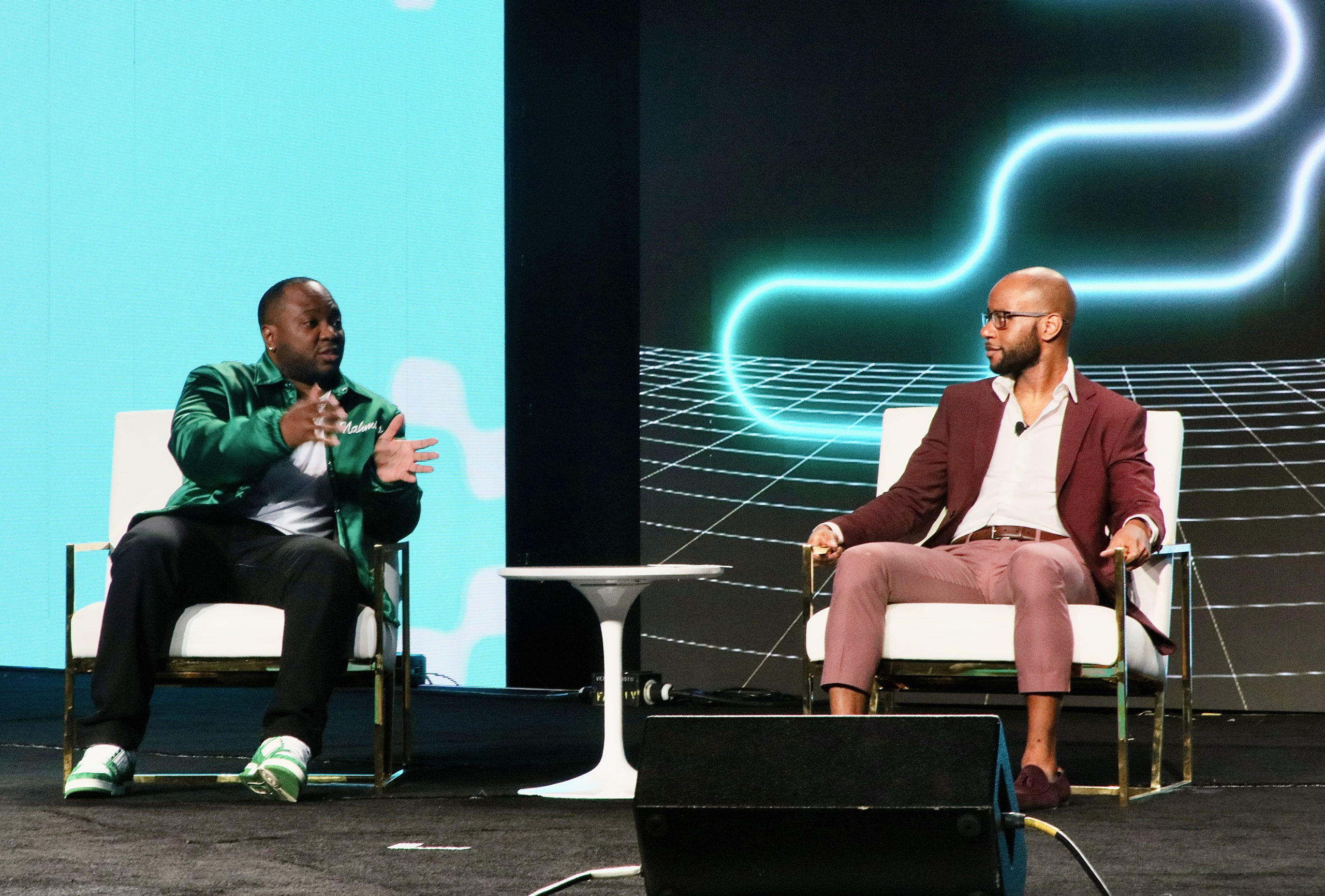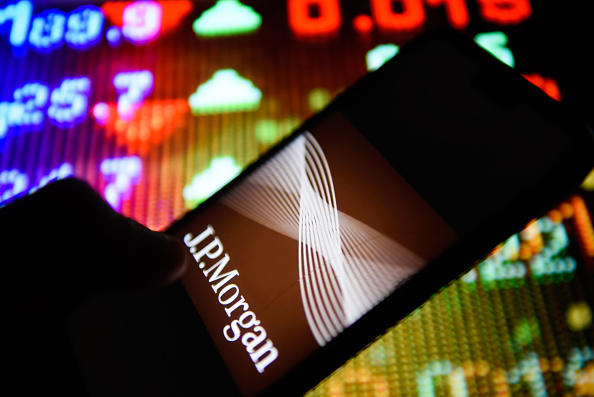Showing 4 results for:
incarceration
Popular topics
All results


When one family member becomes incarcerated, the entire family suffers the collateral consequences . Of them all, exorbitant prices for limited communication and the inability to make in-person visits take one of the worse tolls. Due to their personal experience with the unjust and oppressive prison system, teen-aged Jay’Aina “Jay Jay” Patton and her father Antoine, an ex-prisoner, developed Photo Patch , a program and mobile app that connects imprisoned parents to their children. According to Teen Vogue , Antoine, who learned to code in prison, was released in 2014 and built Photo Patch Foundation, a website where kids could write letters and upload photos without unreasonable charges. Later, to avoid sending the materials through snail mail, Jay Jay developed a mobile app version for easier, faster access. “Everybody’s on their phone. It’s way easier for them to take a picture and type a letter right there,” she told Teen Vogue. “My dad said I should try it.” Since the app’s...

JPMorgan Chase will no longer fund private prisons. A spokesperson for the bank informed Reuters of the decision earlier this week. Immigration activists are applauding JP Morgan’s decision. Private prisons have served as detention centers for immigrants since the government’s increased effort to detain undocumented immigrants. According to the New York Times , two of the country’s largest private prison companies — CoreCivic and GEO Group — borrowed almost $2 billion from banks, JP Morgan Chase being one them. The Times also reports that 9 percent of the country’s prison population are in private prisons, and three-quarters of immigrant detainees are housed in private prisons. Last year, activists protested outside of JP Morgan CEO Jamie Dimon’s apartment, highlighting issues with private prisons. Similar protests have taken place for years and many financial analysts and activists have long questioned the ethics and profitability of private prisons. Changing government policies...
